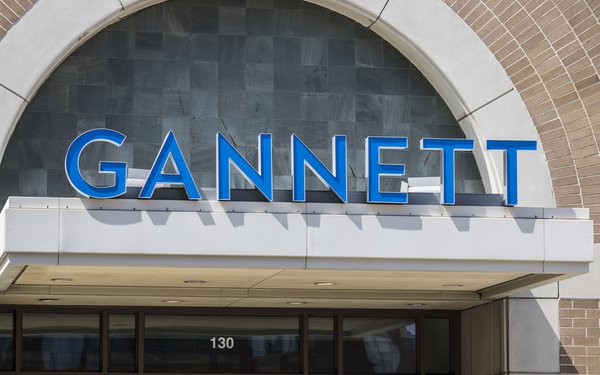
A federal appeals court has upheld the so-called
“single publication rule,” which states that defamation cases apply only to the original publication of a story, not to continued access on the web.
In handing this victory
to Gannett and Associated Press (AP), the U.S. Court of Appeals for the Seventh Circuit upheld an earlier opinion by the U.S. District Court for the Southern District of Indiana. That ruling seems to
conform with law across the country.
The backstory is as follows:
The nonprofit National Police Association (NPA) filed suit in 2021, challenging 2019
reporting by the Gannett paper The Indianapolis Star and AP that “a handful of police departments around the country took issue with fundraising mailers the NPA sent
residents,” characterizing them as deceptive, the court wrote.
advertisement
advertisement
The mailers reportedly stated that certain towns were sanctuary cities. Another question was whether money collected
as a result of these mailers actually went to police departments.
It is not clear that these articles were inaccurate or defamatory. But in approving a motion to dismiss the NPA case,
the lower court found that there was no actual malice, or reckless disregard for the facts.
However, “In the year and a half after the two stories were published, the NPA began a
campaign of extracting apparent retractions of the ‘scam’ alerts the Star and the AP reported on,” writes Circuit Judge Candace Jackson-Akiwumi in the opinion. But would this
establish libel?
“The NPA challenges not the original publication of the articles, but the “continued publication of them online after Publishers were notified that they were
defamatory,” Jackson-Akiwumi notes.
“In other words, the NPA argues that a claim of defamation predicated exclusively on events that happen after the article is published can be
valid.”
Not so. Jackson-Akiwumi continues that the NPA appeal relies on a “blank space” in libel doctrine: how to deal with libelous content published online. But the opinion
adds that “the ‘blank space’ is illusory; the single publication rule, which limits libel liability to the first publication of a work, has been applied to online material across the
country, including in this circuit.”
The decision concludes, “The NPA asks this court to reverse the district court’s dismissal of its libel suit based on an untested,
bespoke theory of liability based on an interpretation of the single publication rule that courts have consistently rejected. We decline this invitation.”